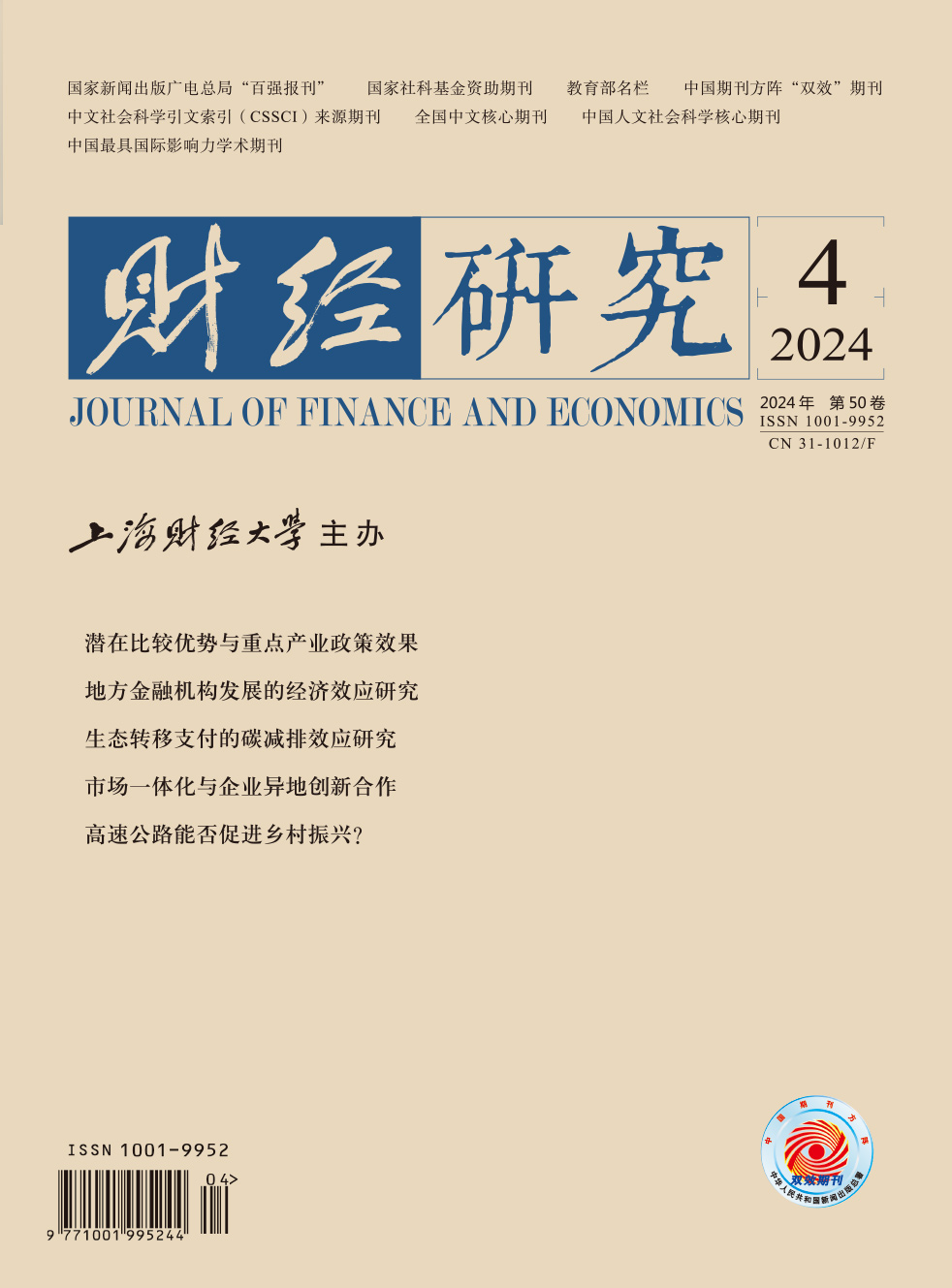Bank-enterprise relationship plays an important role in the allocation of credit resources in the capital market. With the increasingly prominent tendency of corporate ESG practice towards “inconsistent words and actions” in ESG, it is urgent to strengthen governance. Existing literature has explored the factors affecting corporate strategic ESG behavior from the aspects of corporate governance structure, policy regulatory pressure, and environmental institutional differences. However, most studies only focus on the impact of a single entity on ESG performance, and few explore the impact of bank-enterprise ESG consistency on corporate strategic ESG behavior in the context of pre-loan and post-loan.
Therefore, using the loan data from A-share listed companies and commercial banks in China from 2010 to 2020, this paper finds that pre-loan bank-enterprise ESG consistency can significantly suppress the behavior of “inconsistent words and actions” in post-loan corporate ESG. Compared to the ESG “brownwash” behavior, pre-loan bank-enterprise ESG consistency effectively reduces the ESG “greenwash” behavior. Mechanism testing finds that pre-loan bank-enterprise ESG consistency mainly affects post-loan corporate strategic ESG behavior through the “capital effect” and the “governance effect”. Heterogeneity analysis shows that when enterprises are state-owned, enterprises have higher dependence on bank loans, and banks are larger, the negative relationship between pre-loan bank-enterprise ESG consistency and post-loan corporate strategic ESG behavior is more significant. Finally, this paper also finds that the better the performance of pre-loan bank ESG and the higher the substantive consistency of bank-enterprise ESG, the more significant the inhibitory effect on corporate strategic ESG behavior.
The possible marginal contributions of this paper are as follows: First, it not only innovatively expands the research on bank-enterprise relationship from the perspective of bank-enterprise consistency, but also enriches the research on the governance effect of bank-enterprise relationship from the perspective of “inconsistent words and actions” in corporate ESG. Second, it expands the literature on how stakeholder networks affect corporate ESG behavior. Third, it not only expands the research on the influencing factors of corporate strategic ESG behavior, but also expands the research on the phenomenon of “greenwash” and “brownwash” in enterprises by taking corporate strategic ESG behavior as the entry point to analyze the economic reasons for choosing the “greenwash” or “brownwash” behavior.





 2311
2311  2561
2561

